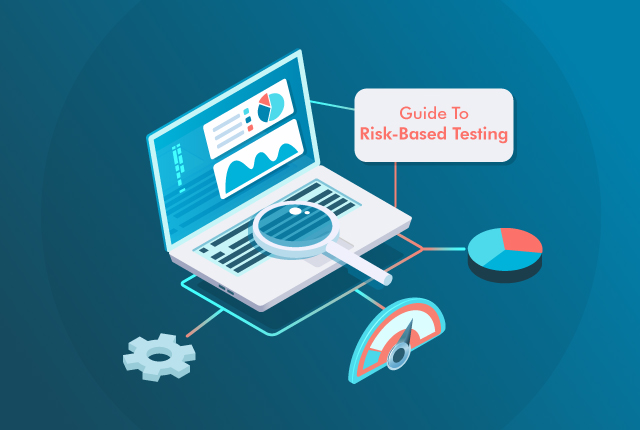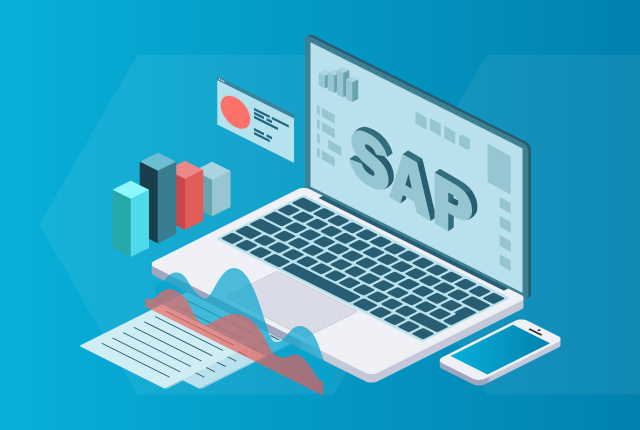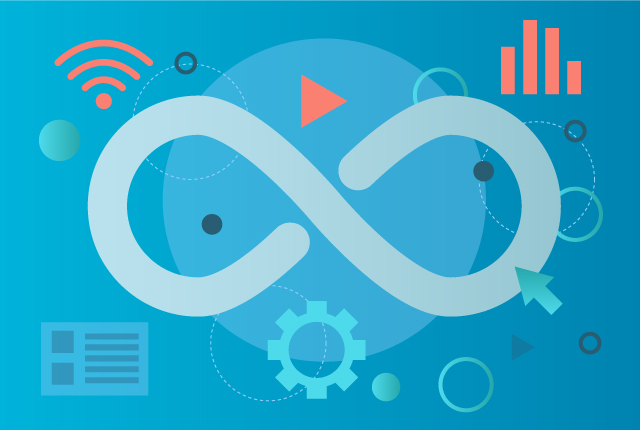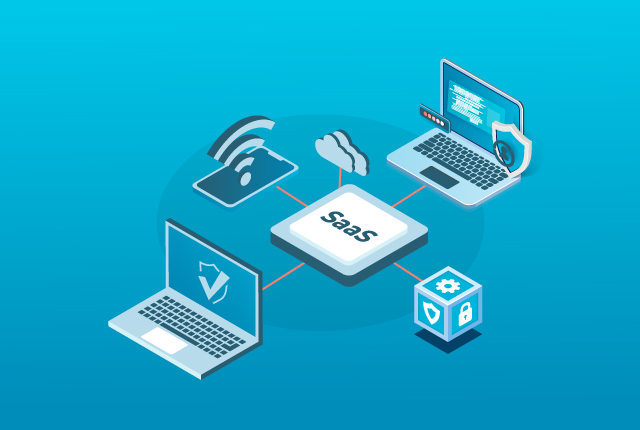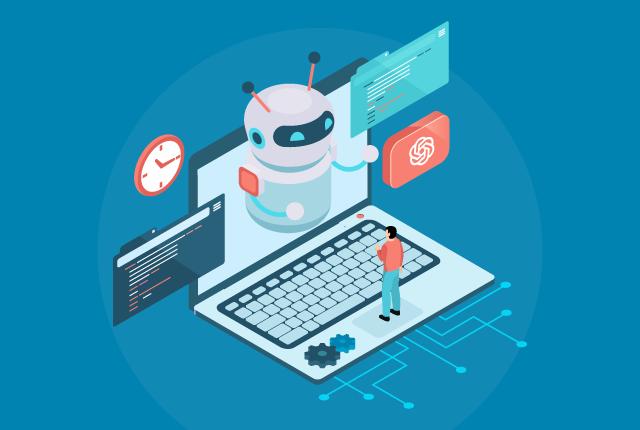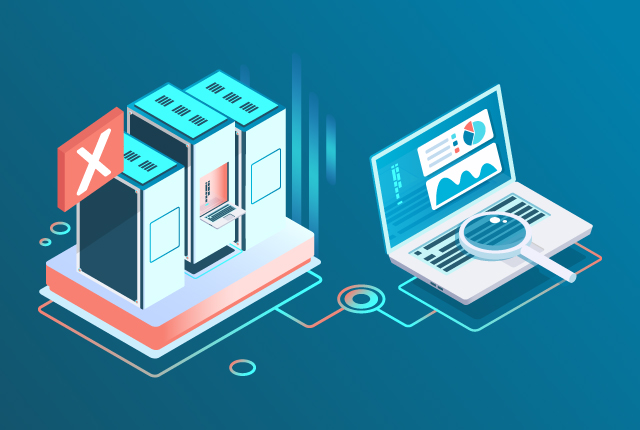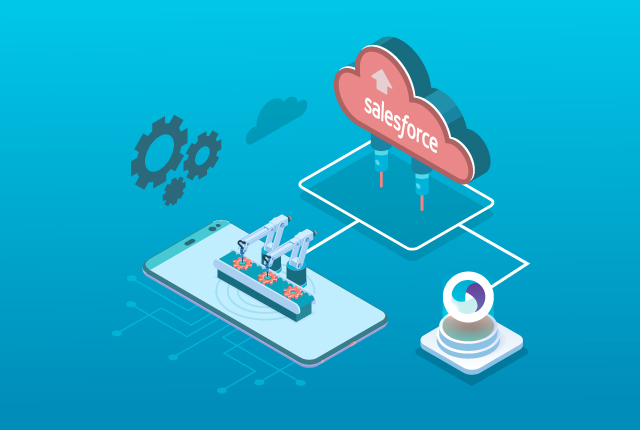Modern applications are highly complex and require a lot of testing. A common complaint of QA and software developers is the lack of time given to test out every facet of a program. A risk-based testing method can address this issue. This method focuses on risks that the software is likely to encounter based on its complexity, intended use case, and design. Read on to learn more about risk-based testing and its importance to software development.
QASource Blog
In our blog, we take a deep dive into the latest QA strategies, methodologies, and industry best practices driving the world of quality assurance. Follow our blog to get new ideas as to how to effectively deliver high-quality, bug-free software products, websites, and applications, while keeping costs low.

Timothy Joseph

Recent Posts
In today's rapidly evolving business landscape, organizations rely heavily on SAP mobile applications to streamline processes and enhance productivity. According to a recent report by Thrive My Way, 77% of the world’s transaction revenue goes through an SAP system. However, with the increasing complexity of these applications and the diverse range of devices, operating systems, and network configurations, ensuring optimal performance and functionality becomes a challenge.
Discover the benefits of No-Code Kubernetes and Harpoon Docker Extension for Kubernetes cluster management. Deploy and manage clusters with drag-and-drop tools without coding. Learn about Harpoon's custom integrations and third-party capabilities.
With the increasing adoption of SaaS (Software as a Service) platforms, the number of cyber threats and attacks is also rising. SaaS platforms store sensitive and confidential data, making them a prime target for cybercriminals. As a result, it is imperative to ensure the security of SaaS platforms to prevent data breaches, data theft, and unauthorized access. The potential loss of data and its impact on a company's reputation can be catastrophic. Therefore, implementing robust cybersecurity in SaaS is critical to protect SaaS platforms and their users.
In the dynamic realm of software development, ensuring the quality and dependability of applications remains a paramount concern. Within this context, software testing emerges as a vital component, with test engineers diligently validating software functionality, performance, and user experience. As software systems become increasingly intricate, effective time management becomes imperative in the testing process.
Anyone who wants to develop a web application requires the physical hardware necessary to operate a server, which is a time-consuming and costly endeavor. This is where serverless computing comes into play.
Mobile testing of Salesforce applications is crucial for businesses to effectively manage their customer relationship management (CRM) activities. However, the increased number of features within the Salesforce mobile app poses a challenge in ensuring that it performs optimally. The conventional manual testing approach, involving verification on all potential devices and operating systems, can be time-consuming and prone to errors, ultimately resulting in quality issues and delayed delivery.
Learn the key elements in designing visually appealing apps and major testing areas. Also, understand how QASource's expert testing solutions can help businesses elevate their app's aesthetics and functionality.
The increasing prevalence of online learning in modern education brings with it the need for more immersive, engaging, and interactive learning experiences. Unfortunately, traditional 2D online learning often fails to provide these experiences. Augmented Reality (AR) and Virtual Reality (VR) offer great potential to revolutionize eLearning, by providing learners with a more interactive and engaging way to learn.
Written by QA Experts
QASource Blog, for executives and engineers, shares QA strategies, methodologies, and new ideas to inform and help effectively deliver quality products, websites and applications.
Categories
Authors
Our bloggers are the test management experts at QASource. They are executives, QA managers, team leads, and testing practitioners. Their combined experience exceeds 100 years and they know how to optimize QA efforts in a variety of industries, domains, tools, and technologies.
